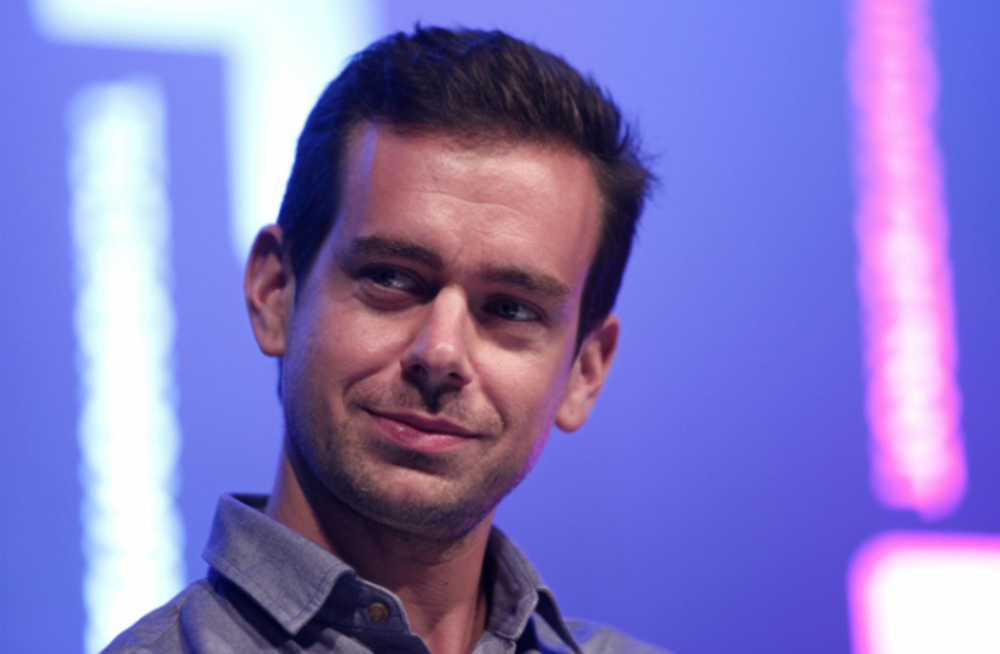Last week, Twitter announced that it is now using AI—specifically, deep learning technologies—to personalize content in users’ twitter feeds, making the platform much more relevant for its users, and potentially marketers.
“Twitter’s dive into AI is absolutely a positive change,” says Jason Beckerman, CEO at the business intelligence platform Unified. “Users expect deeper personalization and there is no way to get there without an investment in AI.”
In the blog post announcing the AI changes, the engineers behind Twitter’s AI tech claimed that this new technology is already leading to more engagement, and more time spent on the platform, indicating strong potential for better ROI for marketers.
Twitter is at a crossroads. It has moved away from a linear, textual timeline towards surfacing viral content under the “in case you missed it” section and partnerships with sports leagues for live video.
The company has also rehired cofounder Biz Stone, and serial entrepreneur Mark Cuban has started investing in the social media company. Early stage investor Chris Sacca, who has sold most of his stock, warned the company to not “chase MAUs to the dark side.”
The question for marketers is whether or not Twitter’s AI efforts will make the platform a more attractive advertising option.
“These attempts will hopefully help Twitter become more relevant for the individual users, and as such, catch them and deliver the message the advertisers want to get across,” says Michael Green, chief analytics officer at Blackwood Seven, a predictive analytics firm. “Yes, most likely this will help Twitter deliver more bang for the buck for the advertisers. The rewards will most likely not come immediately though.”
On the whole, this is a good time for Twitter, and a marked change in the tone of coverage around the company; a company that has struggled to retain its talent and find a place in both marketers’ and users’ social media lives.
“When a company experiences such dramatic turnover and financial challenges, it’s almost always a leadership issue. Twitter has struggled recently in two key areas: Growing their ad business, and retaining top talent. These are people problems first,” says Brian Baumgart, CEO at the attribution insights company Conversion Logic.
Whether the dark days of Twitter’s last two years are over or not, AI signals a newer and better content direction for for the company. It also solidifies the position of AI in the world of tech.
“AI is quickly finding its way across most technology companies, in some cases becoming a ‘table stakes’ functionality for some industries, like customer service,” says Mikhail Naumov, chief strategy officer at DigitalGenius, an AI customer service solutions provider.
Most of Twitter’s competitors are already deep into AI technologies; a head start that clearly helped the Facebooks and Microsofts of the world establish market dominance. Twitter has experimented with AI before, but this news is a deeper level of commitment to the tech.
“Twitter has dabbled with AI before, but they’ve not made a big deal about it. However, the fact that the company is now focusing on it and leveraging AI to improve their product is a good sign that they’ve decided to get into the game for real,” Green says.





